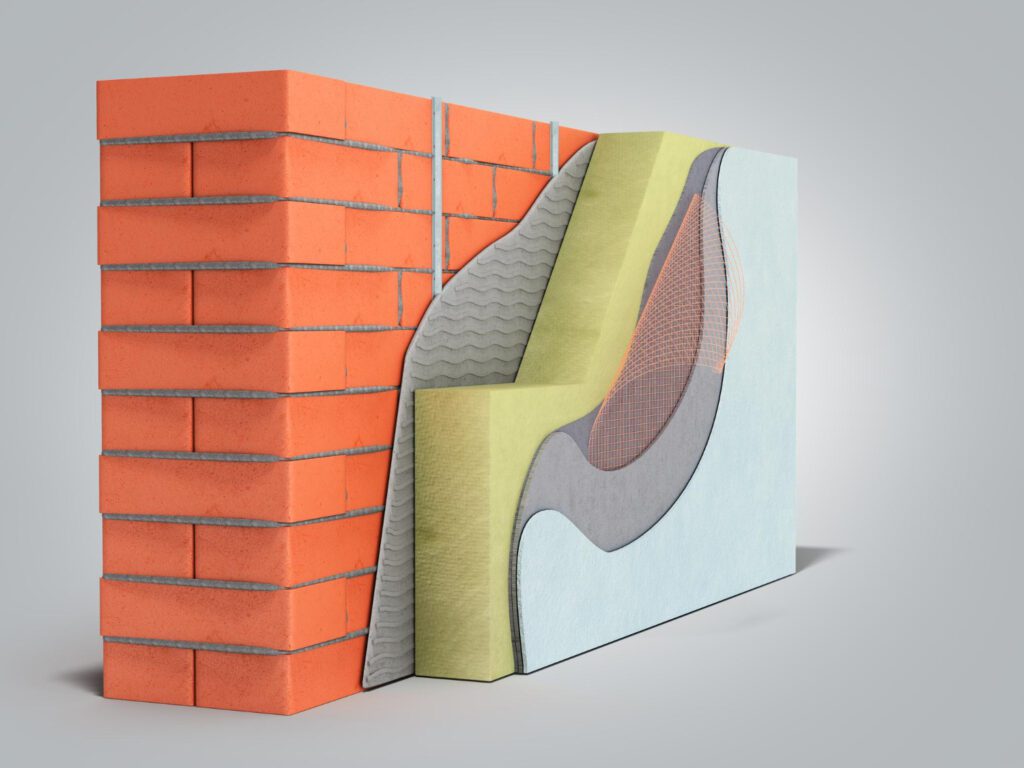
The Environmental Impact of Insulation Materials: A Comparative Analysis
As environmental sustainability becomes a priority, selecting insulation materials that balance efficiency, affordability, and ecological responsibility is crucial. This analysis examines the environmental impacts of various insulation materials, focusing on manufacturing processes, recyclability, and long-term sustainability.
Understanding the Environmental Footprint of Insulation
The environmental impact of insulation materials can be assessed through:
- Manufacturing Process: Energy consumption, greenhouse gas emissions, and use of harmful chemicals during production.
- Recyclability and Waste Generation: Potential for reuse or recycling and contribution to landfill waste.
- Long-term Sustainability: Durability, performance lifespan, and overall ecological benefits.
Comparative Analysis of Popular Insulation Materials
1. Polyisocyanurate (ISO)
- Manufacturing: Produced as closed-cell, rigid foam boards faced with composite material or foil. Offers high thermal efficiency with LTTR-values ranging from 6.0 to 6.5 per inch.
- Recyclability: Limited recycling options; disposal can be challenging.
- Sustainability: High R-value leads to improved energy efficiency, offsetting some environmental concerns.
2. Extruded Polystyrene (XPS)
- Manufacturing: Closed-cell, moisture-resistant rigid foam board suitable for below-grade applications. Production involves significant energy use and greenhouse gas emissions.
- Recyclability: Difficult to recycle; often ends up in landfills.
- Sustainability: Provides stable insulating properties regardless of moisture content, contributing to long-term energy savings.
3. Expanded Polystyrene (EPS)
- Manufacturing: Rigid, tough, closed-cell foam made from pre-expanded polystyrene beads. More economical than XPS with lower energy consumption during production.
- Recyclability: Limited recycling facilities; disposal remains a concern.
- Sustainability: Lightweight panels with minimal moisture absorption and low vapor permanence offer energy efficiency benefits.
4. Cellulose Insulation
- Manufacturing: Composed of recycled paper products treated with fire-retardant chemicals. Low energy consumption during production.
- Recyclability: Highly recyclable and biodegradable.
- Sustainability: Excellent thermal performance and minimal ecological impact due to recycled content.
5. Mineral Wool (Rockwool)
- Manufacturing: Produced from volcanic rock and recycled steel slag, requiring substantial heat.
- Recyclability: Generally recyclable; some companies offer recycling programs.
- Sustainability: Fire-resistant and highly durable; long-term benefits offset initial environmental costs.
6. Natural Fiber Insulation (Wool, Cotton, Hemp)
- Manufacturing: Low energy processes utilizing renewable resources.
- Recyclability: Fully biodegradable and easily recyclable.
- Sustainability: Renewable sources, low-impact production, and strong thermal properties offer an outstanding sustainable option.
Guiding Eco-Conscious Decisions
When selecting insulation, consider:
- Prioritizing materials with high recycled content or renewable sources.
- Evaluating the full lifecycle impact, not just initial production costs.
- Considering regional availability and supporting local recycling facilities and sustainable manufacturers.
Choosing the right insulation material requires balancing immediate performance with long-term environmental considerations. Materials like cellulose, natural fiber insulation, and mineral wool offer favorable environmental profiles. Ultimately, the best insulation choice will align with your environmental values, performance requirements, and long-term sustainability goals.
At Green Insulation Group, we offer a diverse inventory of insulation materials, including Polyisocyanurate (ISO), Extruded Polystyrene (XPS), and Expanded Polystyrene (EPS), to meet your specific needs. Our team is committed to providing sustainable insulation solutions that help you make informed, eco-conscious choices. Contact us today to explore the best insulation options for your home or project.
